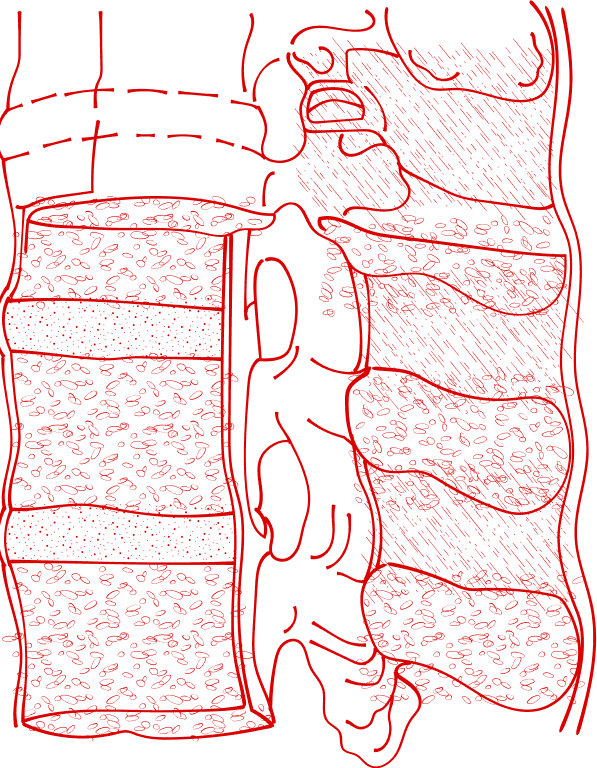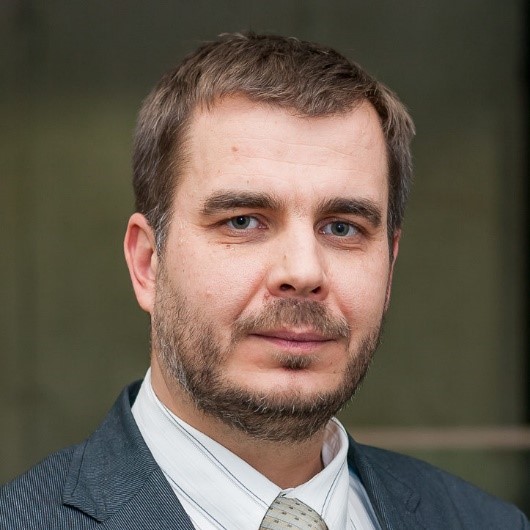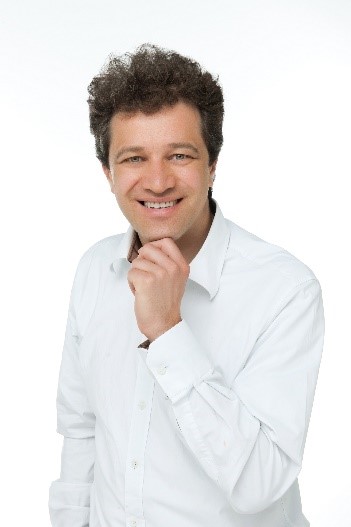Search


Keynote speakers
Keynote speakers
More keynote speakers will be added soon!
Mihkel Kangur, PhD in Ecology,
Master student of education studies, Tallinn University
I am an ecologist by education, and I have researched the vegetation development in Estonia during the last post-glacial period. I have seen in my studies how the humankind has influenced the environment over the millennia and formed our future environment by these actions. Therefore, I have focused on environmental and sustainability education to help people to form more holistic and systemic understanding of our world and its functioning principles.

As the ecological challenges develop and deepen, the environmental change topics have become increasingly more relevant to people. Several studies have shown that the Millennials and generations after that have significantly changed understanding of economy, work life and personal values. Economical models that restore ecosystems, fair trade and socially responsible entrepreneurship are growing trends and this is not a choice anymore, but a strategic necessity. However, in the case of these developments, one must be aware of the malpractices and we must talk about greenwashing. Greenwashing is presentation of one’s environmentally harmful actions as positive ones. In the case of greenwashing, we can talk about three different categories. Firstly, the greenwashing can occur out of unawareness. We have many examples from the history where some technologies, such as using pesticides in the agriculture, have been perceived as unharmful due to the lack of knowledge. As the knowledge develops, the behaviour has been corrected. The second category is claiming to the clients that the product is environmentally friendly when in fact it does not differ from the other similar products, but no direct harm to the environment is done. The third category is the foulest way of misleading – it occurs when the provider of the product or service claims that it is environmentally friendly but is very well aware that it is actually harmful to the environment. In all the three cases, it is necessary for the consumers, regulators and legislators to take different steps to prevent the greenwashing from happening.

Piero Lercher, MD, Head of the Department of Environmental Medicine,
Vienna Medical Association, Austria
New Aspects on Prevention, International Policies and Actions for Public Health of Electro Magnetic Field (EMF) related Health Problems
New wireless technologies have been introduced to mankind without any certainty about potentially adverse effects. There is strong evidence that particularly long-term exposure to certain EMFs is a risk factor for diseases. Similarly, mobile communication-associated diseases, like addiction or orthopaedic disorders increase in frequency and severity over time.
In addition to an accurate diagnosis and treatment we should mainly focus on prevention or reduction of EMF exposure in everyday life. Restoring a world without wireless communication is an illusion. But with wired solutions, we can achieve a digitalisation without loss of comfort, which is faster, not potentially harmful to health and provides a higher data security.
Deljana Iossifova is Senior Lecturer in Urban Studies at the School of Environment, Education and Development and Director of the Confucius Institute at the University of Manchester. She trained as an architect at the Swiss Federal Institute of Technology (ETH Zurich) and has a PhD in Public Policy Design from Tokyo Institute of Technology. She is currently International Lead and PI on two projects examining sustainability and urban infrastructure transitions in China, India and Brazil. She is Chair of the Urban Studies Foundation and lead editor of ‘Defining the Urban: Interdisciplinary and professional perspectives‘ (Routledge, 2017).
Smart Solutions to Environmental Challenges? Infrastructural Transitions and Health in the Global South.
Smart city approaches hold the promise of technology-based opportunities to build sustainable – and therefore healthy – urban futures. However, current market-led approaches are not designed with sustainable development in mind. They can have damaging impact on society and the environment. In this talk, I argue that the advantages offered by smart technology can and should be used in development, but that this should build on an advanced understanding of interlinked socio-eco-technical systems and the transdisciplinary collaboration of actors across domains and borders. Complexity science can support development of innovative theoretical, methodological and applied approaches that may lead to a better understanding of socio-eco-technical entanglements, particularly in times of global environmental crisis. I present case studies of infrastructural transitions and their health and sustainability outcomes in China, India and Brazil (see www.susinfra.com).
